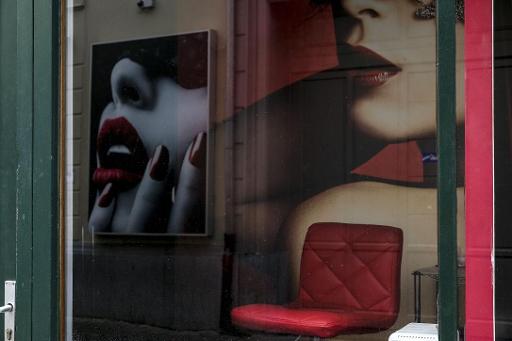The Brussels' municipality of Saint-Josse-ten-Noode will not allow sex work before 1 July, even though the sector has technically received the green light to restart from 8 June.
Following the last National Security Council, the sex sector received the federal green light to restart from Monday 8 June, but the final decision regarding sex work ultimately lies with the municipalities.
"The federal government was very quick to forbid sex work, but for the reopening, everything is chaos," Maxime Maes of UTSOPI, a union of sex workers in Belgium, told The Brussels Times. "The municipalities have to take these decisions, as they are not taken by the government," he added.
Despite the 8 June start date, Saint-Josse will forbid any form of sex work until at least 1 July, they said, "in the absence of the possibility to respect the social distance measures, which were imposed by the federal government."
On Monday, UTSOPI published a protocol for sex workers, with rules they have to respect before they can restart. However, many sex workers were surprised by quick restart, and said that they were not ready to resume their activities safely.
Related News
- Belgium's sex workers were 'not prepared' for quick restart
- Coronavirus: sex workers propose back-to-work protocols
- Brussels sex worker hotel reopens because of 'unclear regulations'
In the meantime, most municipalities in Flanders and Brussels have already communicated that they will allow sex work again, on the condition that everyone keeps to the protocol, from 15 June.
This means that the red-light district like the Rue d’Aerschot or the Quartier Linné in Schaerbeek still need to keep their doors closed until next Monday, but sex workers who receive people in their own homes can restart, if they keep to the protocol.
UTSOPI has been in consultation with both Schaerbeek and Saint-Josse to coordinate the reopening, but they have decided to take a different approach, according to Maes. Both municipalities, however, are part of the same police zone, making it complicated to enforce different measures in different streets.
"The reason for the different restart dates is pretty vague," said Maes. "However, most sex workers just want to get back to work as soon as they can, because they do not have the right to a replacement income from the government and are in precarious situations at the moment," he added.
Maïthé Chini
The Brussels Times

